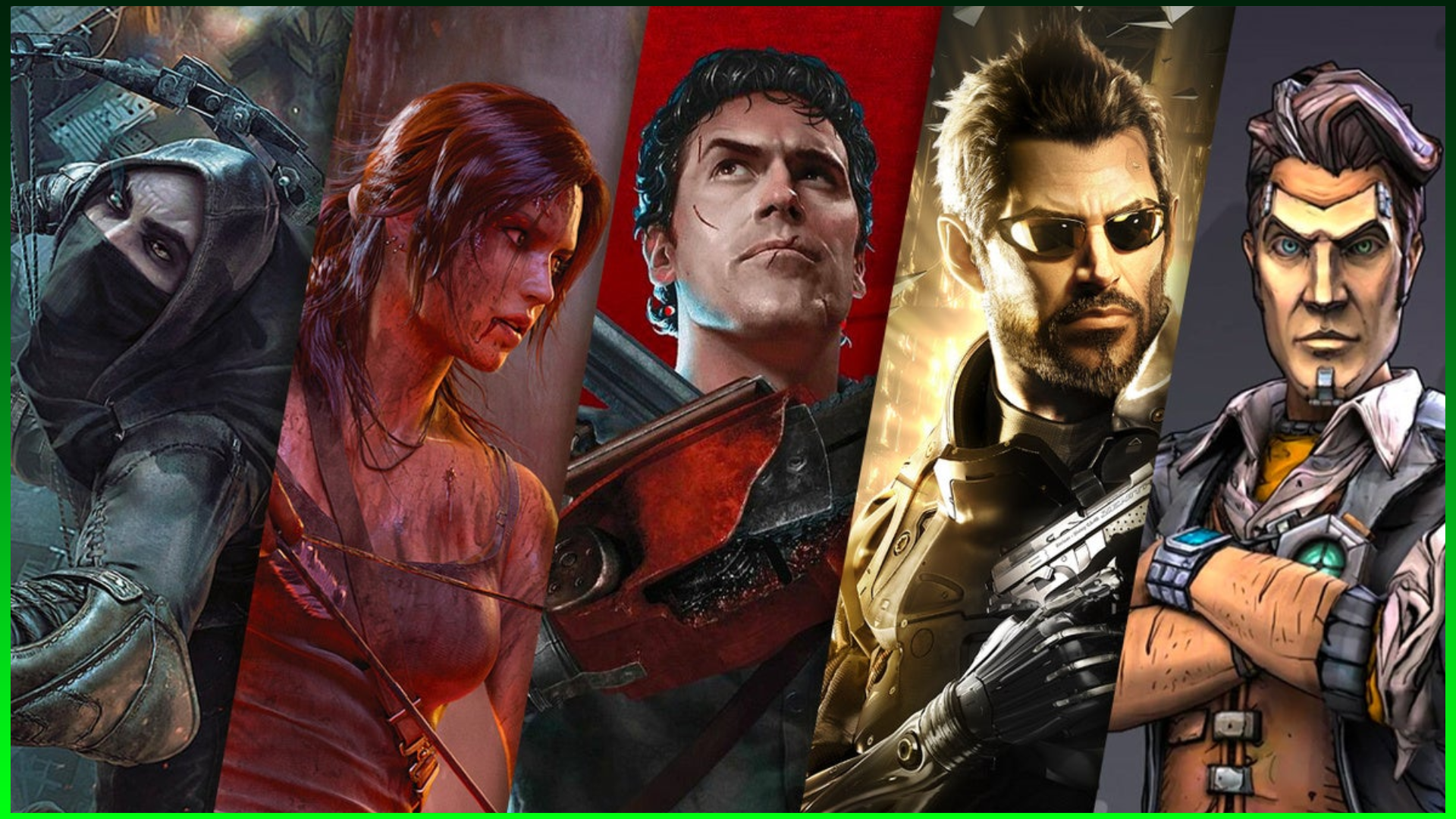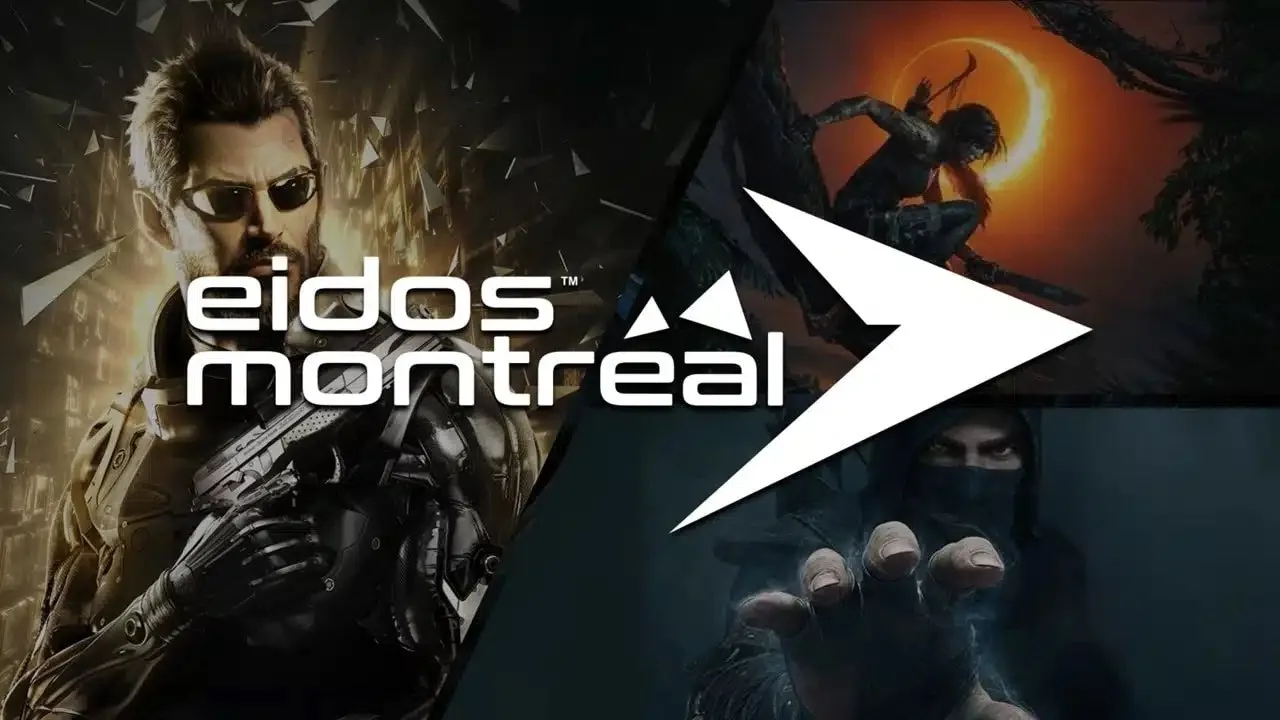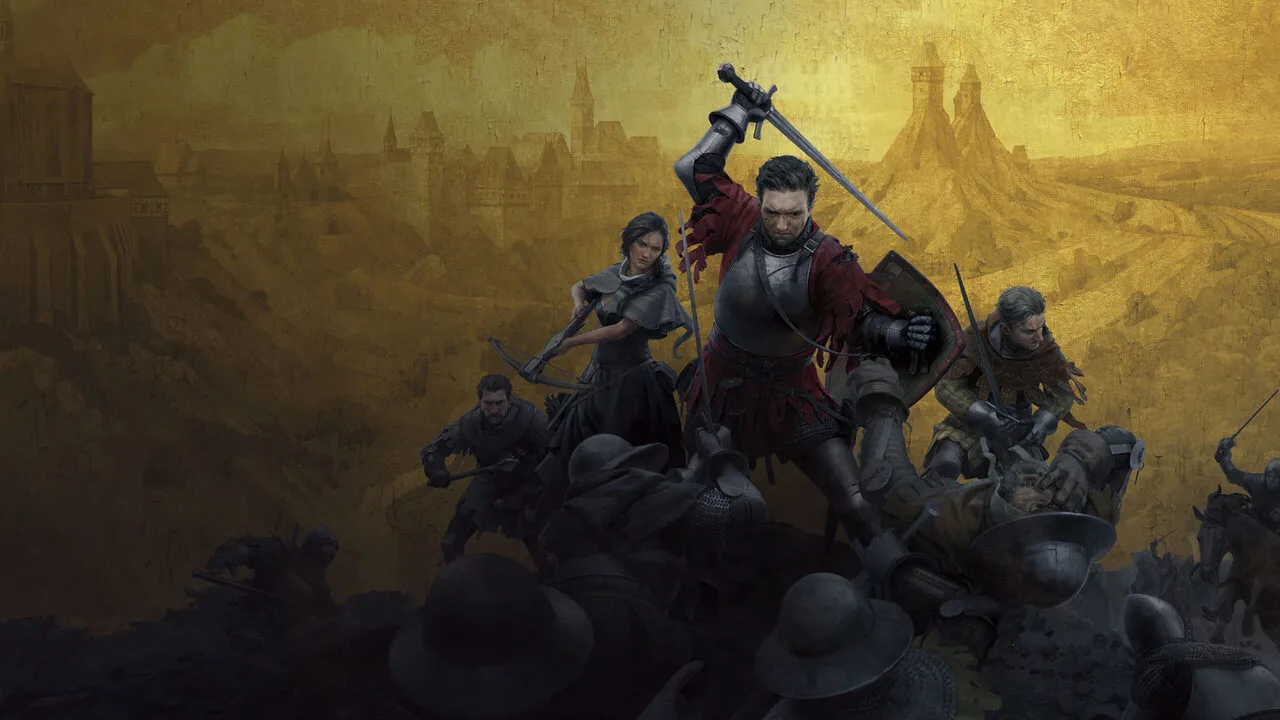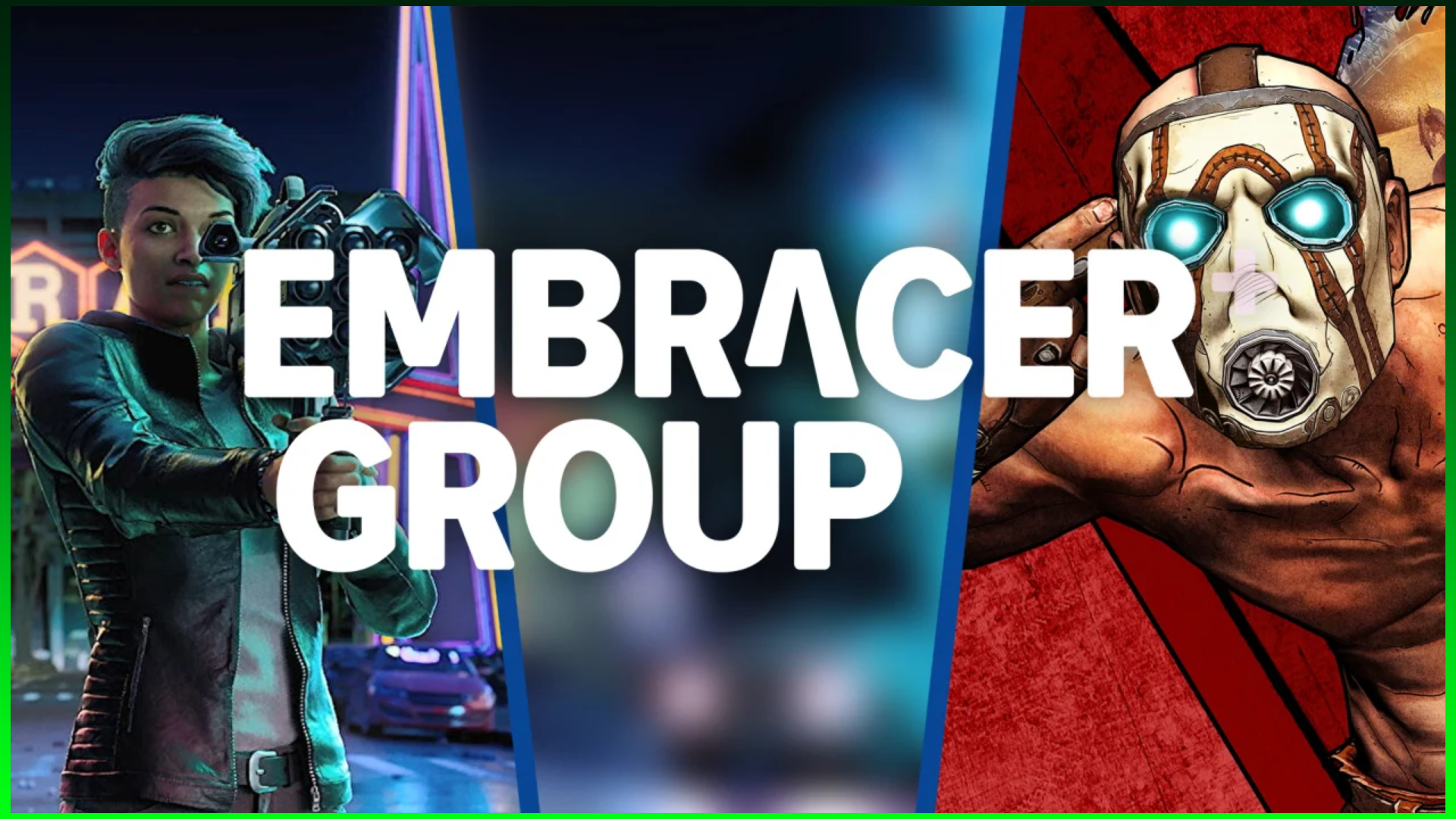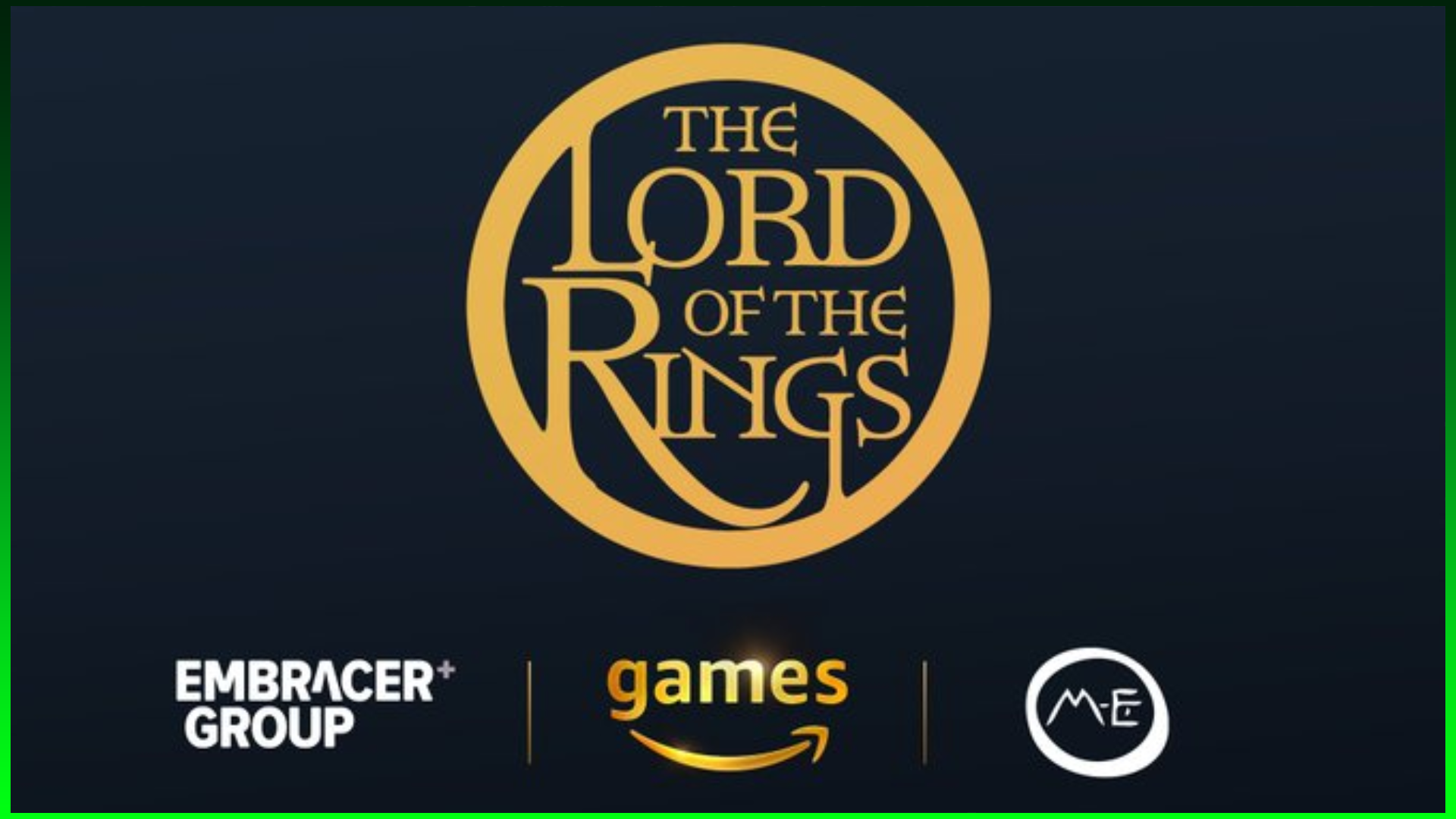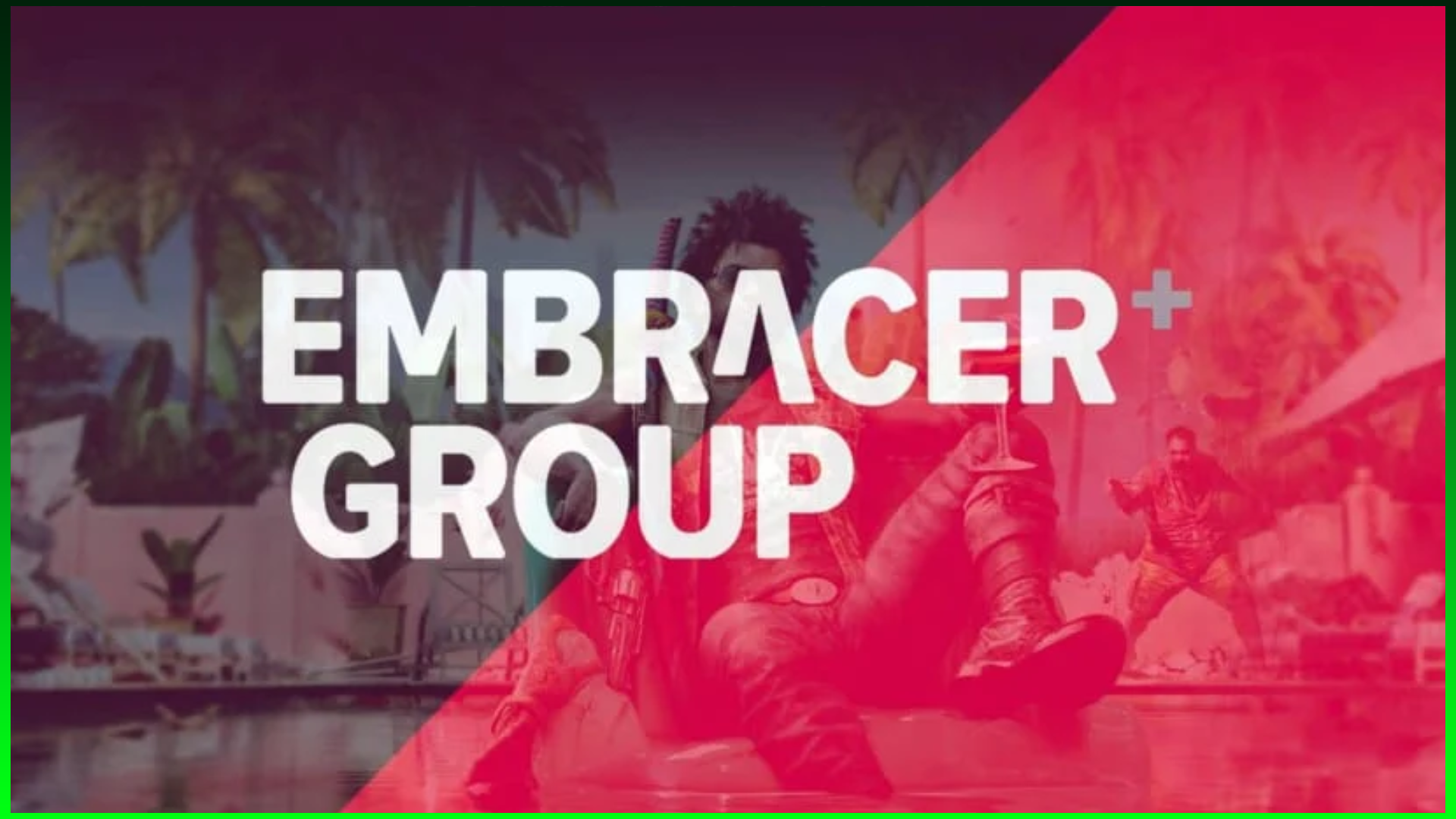
The gaming corporate struggles continues at Q1 2026 for Embracer Group
Fellowship Entertainment — the freshly rebranded Embracer Group — reported an adjusted operating profit of 75 million SEK (~$7.9 million) for the quarter ending June 30, 2025, well below analyst expectations of 141 million SEK. Management attributed the… The gaming corporate struggles continues at Q1 2026 for Embracer Group
